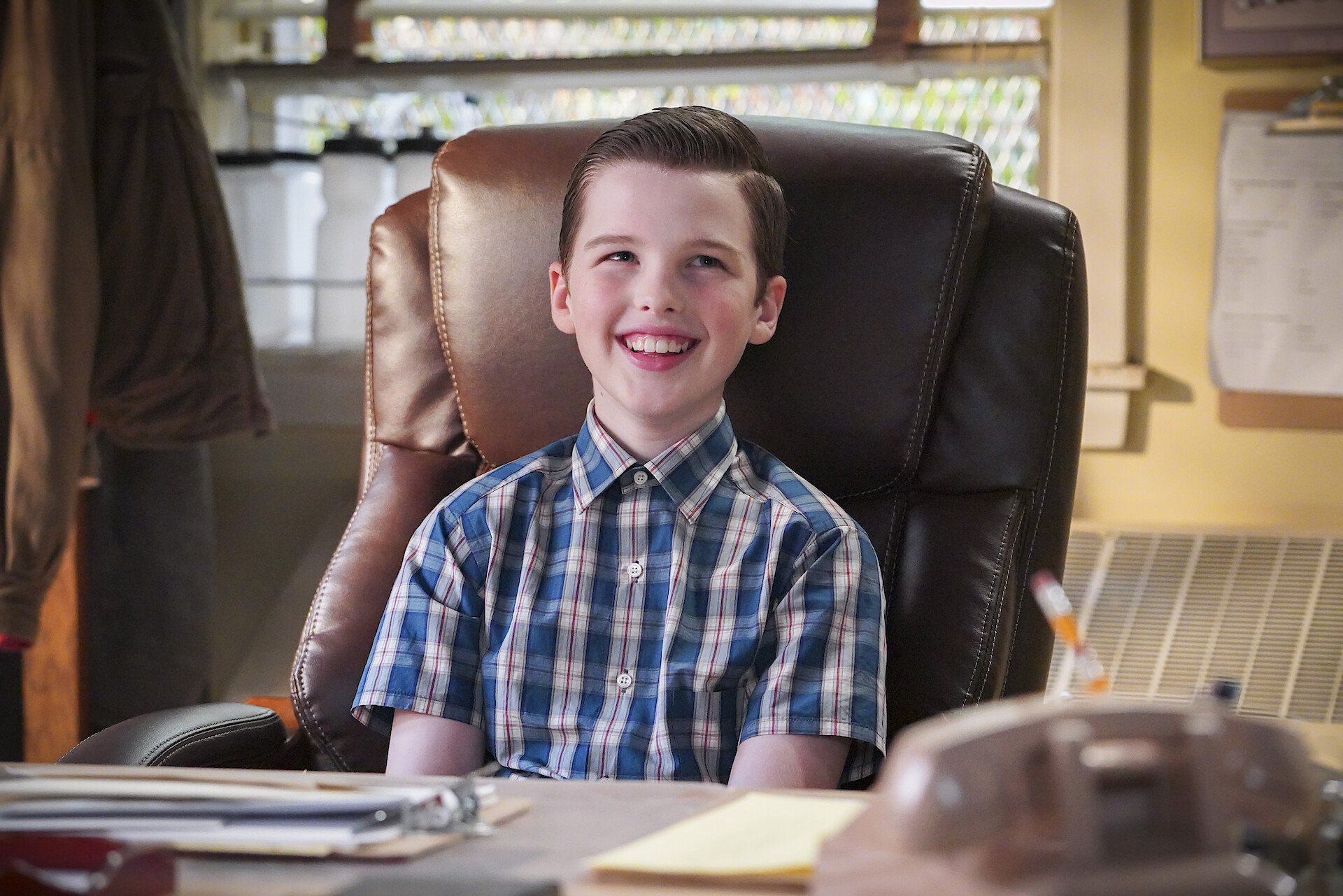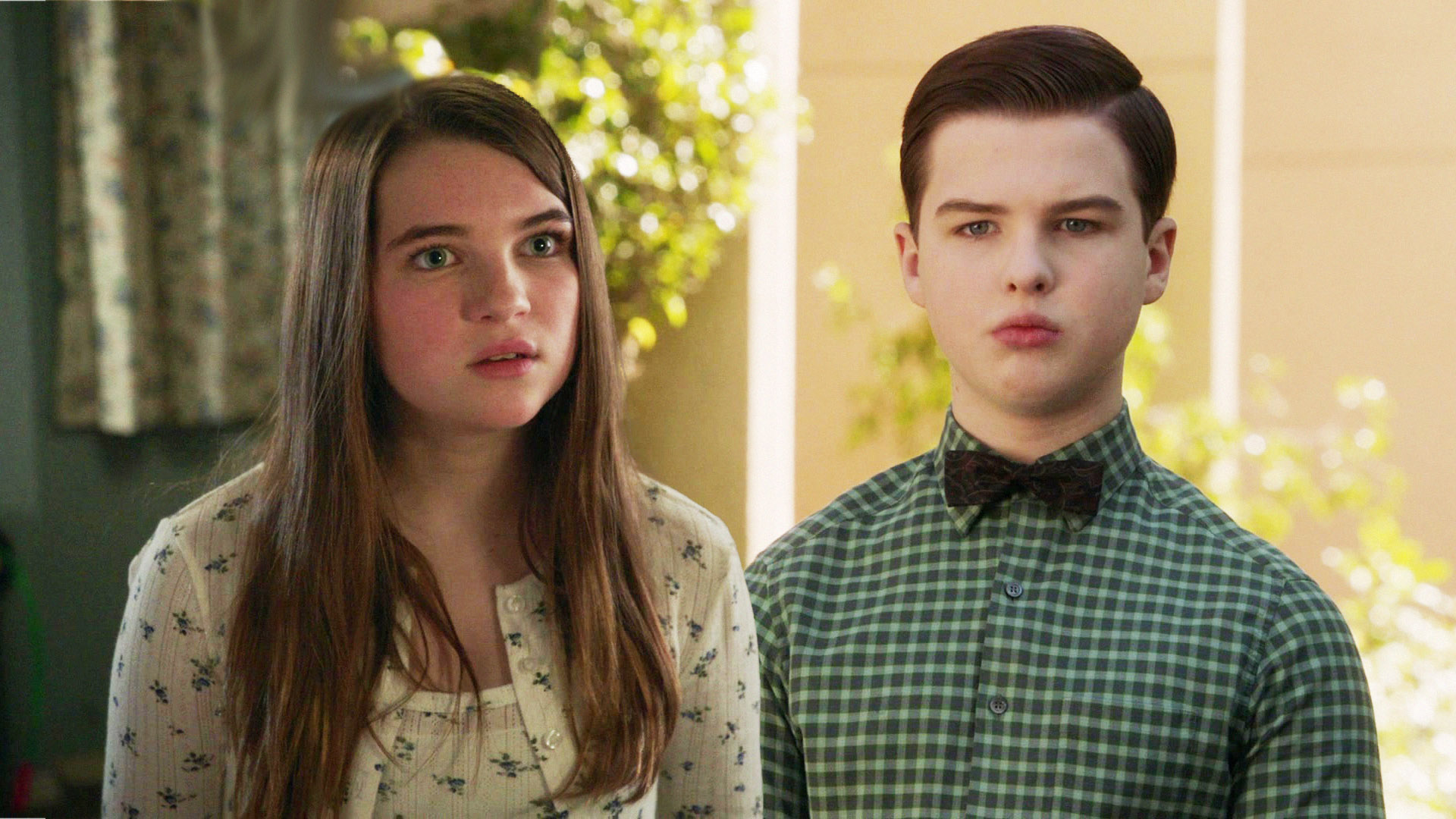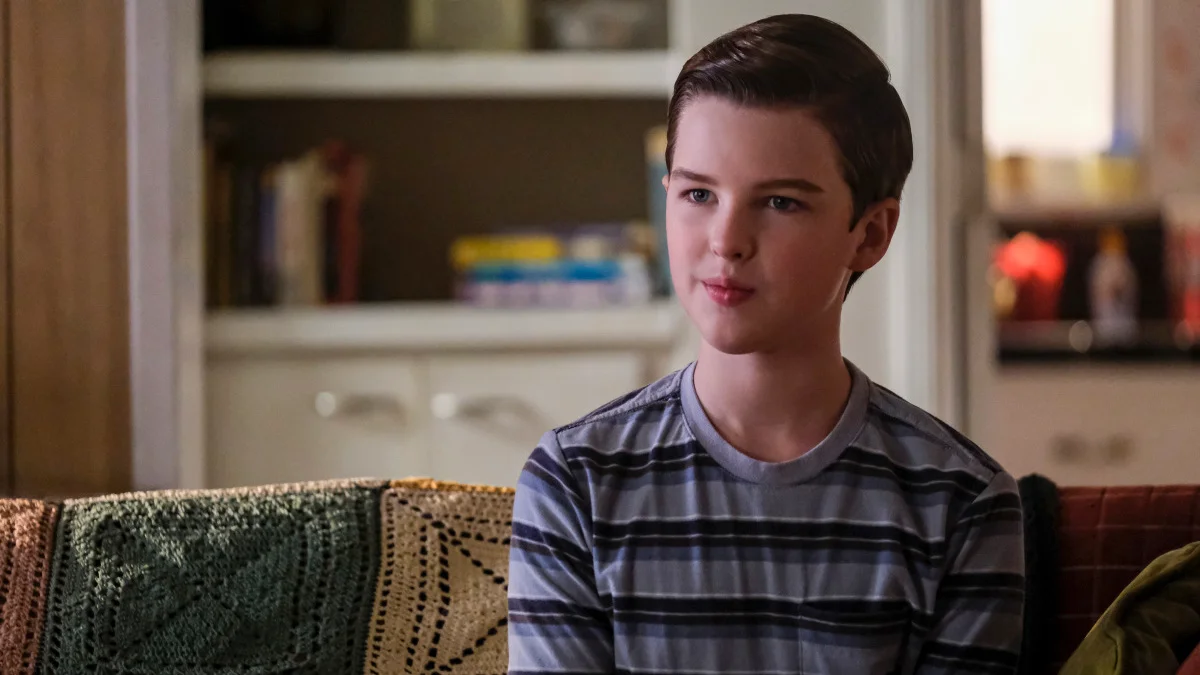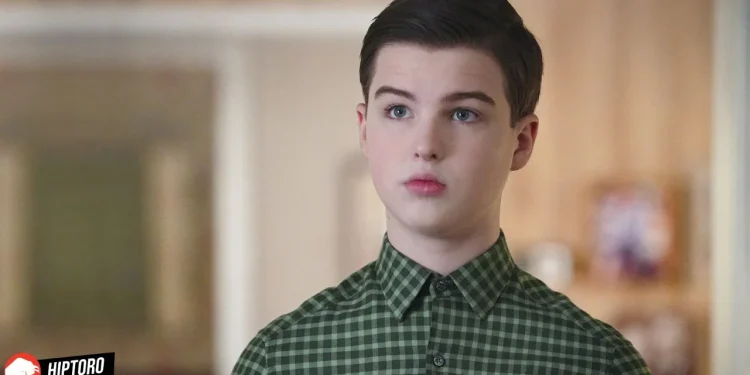“Young Sheldon” has embarked on a pivotal mission with the Young Sheldon Season 7 – to address and rectify the longstanding inconsistencies with its parent show, “The Big Bang Theory.”
This ambitious undertaking aims to weave the rich tapestry of Sheldon Cooper’s backstory more seamlessly into the established canon of one of television’s most beloved sitcoms. However, this noble intent to honor the original narrative does not come without its challenges.
As the show evolved, “Young Sheldon” gradually shifted its tone, emerging as a bona fide family comedy. This transition was met with critical acclaim and high ratings, particularly in its sixth season.
Yet, in its commitment to aligning with “The Big Bang Theory,” the series now faces a dilemma: ensuring fidelity to the original while maintaining its unique charm and engaging storytelling.

Young Sheldon Season 7’s Evolution: Bridging the Gap Between Two Iterations
The latest season of “Young Sheldon” reveals a significant change in its protagonist. In the newly released trailer, viewers catch a glimpse of Sheldon and his mother, Mary’s adventures in Germany, setting the stage for dramatic developments. This storyline, however, brings to the fore a stark transformation in Sheldon’s character, pushing him closer to Jim Parsons’ portrayal in “The Big Bang Theory.”
While Iain Armitage has brilliantly captured the essence of a younger Sheldon, the character’s development in “Young Sheldon” has, until now, presented a more emotionally attuned and socially capable version.
He even exhibits an understanding of sarcasm, a trait that Parsons’ Sheldon notably struggled with. This shift towards a more self-centered and brattish behavior, reminiscent of Parsons’ Sheldon in the early days of “The Big Bang Theory,” marks a significant turn in the character’s arc.

The Challenge of Keeping Sheldon Compelling
“Young Sheldon,” while attempting to mirror the character traits of its adult counterpart, faces the risk of overshadowing other captivating storylines within the show.
The series has sometimes found it challenging to provide Sheldon with engaging arcs, especially when compared to the compelling narratives of other characters.
As the show leans towards making Sheldon more irksome, it risks exacerbating this issue, potentially alienating viewers who have come to appreciate the depth and variety of the show’s storytelling.
i dont know a single fucking thing about young sheldon but every time i see this fucking face i get irrationally angry
he looks like the fifth grade lone child that thinks he's better than every single person on planet earth pic.twitter.com/7GYFa6nx3H— heavyfortress (@HeavyFortress) January 13, 2024
Iain Armitage’s portrayal of Sheldon has been nothing short of remarkable, capturing the complexity and nuances of the character over six seasons. The issue, therefore, does not lie with his performance but with the direction in which the writing is steering him.
As Young Sheldon Season 7 progresses, it remains to be seen whether the show can navigate these waters without compromising the qualities that have made it a distinct and beloved series in its own right.

In conclusion, Young Sheldon Season 7 stands at a crossroads, tasked with the delicate balance of aligning with “The Big Bang Theory’s” canon while preserving its unique storytelling flair.
The challenge is not just to maintain consistency with the original series but to do so without diluting the rich narrative tapestry that “Young Sheldon” has woven over the years. The upcoming season will be a testament to whether the show can successfully bridge the gap between honoring its roots and continuing to evolve as a standalone, engaging family comedy.










